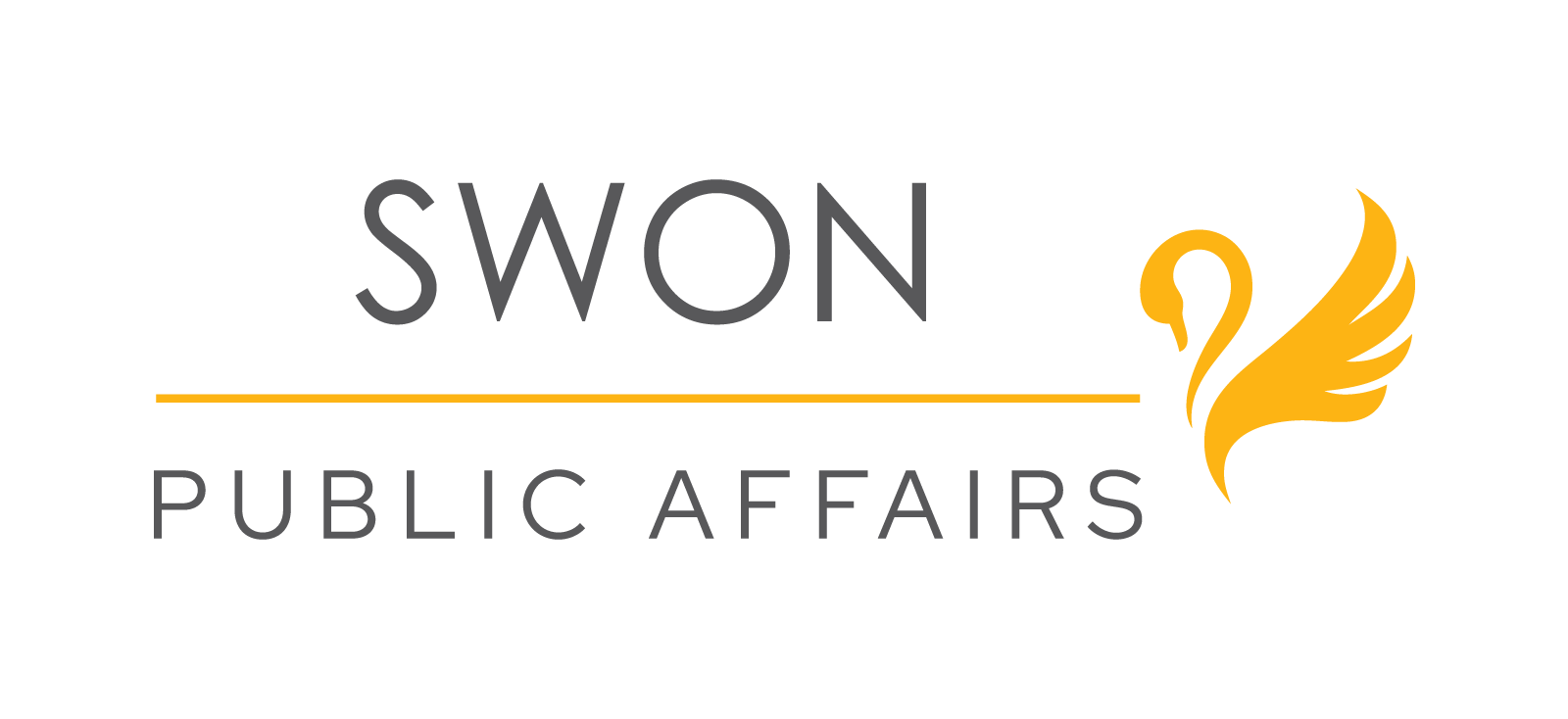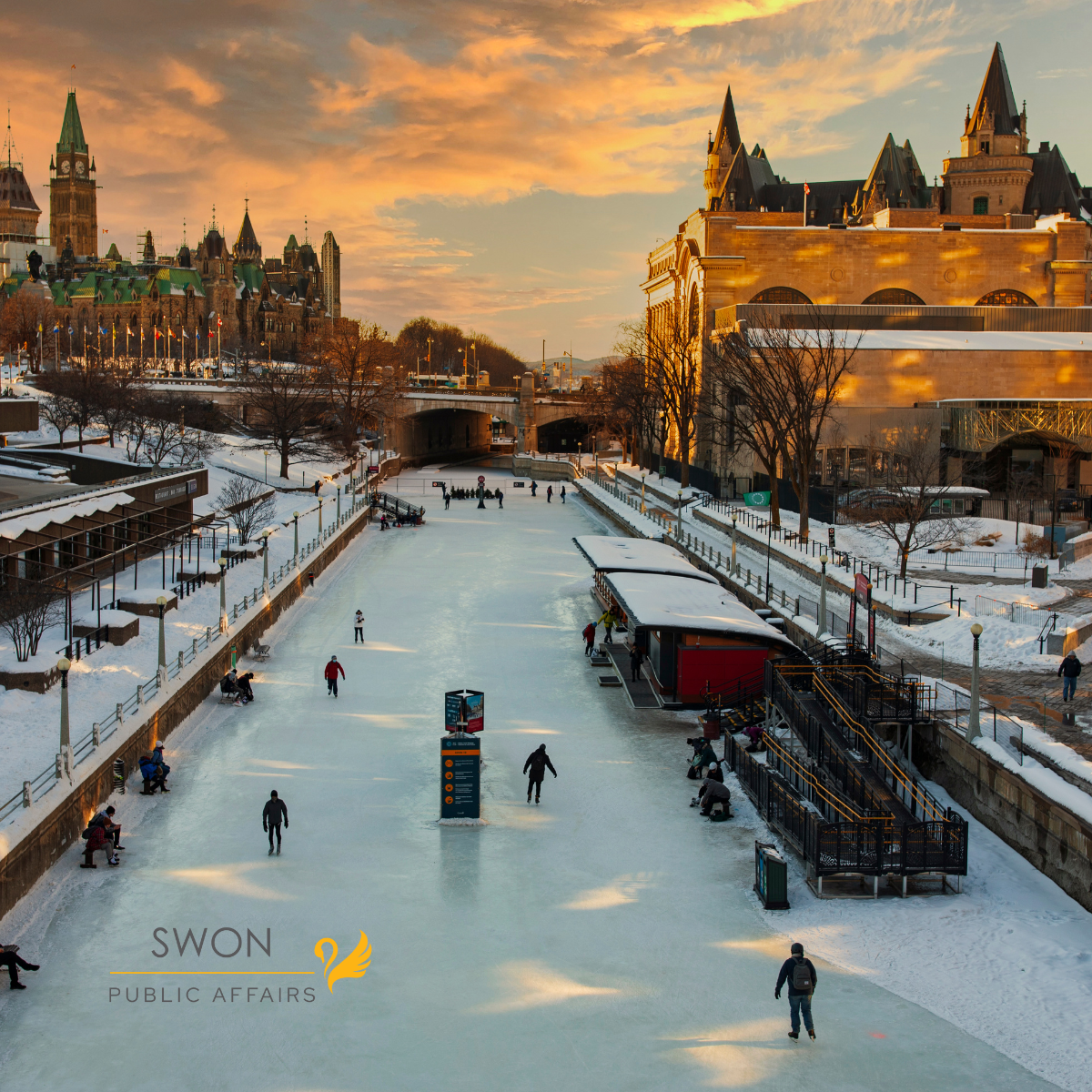Understanding Lobbyist Registration under the Federal Lobbying Act
Are you unsure whether you need to register as a lobbyist under the federal Lobbying Act? Here are three key questions to help determine if registration is necessary: 1. Are you paid to lobby? Lobbyists must be compensated for communicating with the federal government. Volunteers and individuals acting on their own behalf are exempt. Consultants and in-house lobbyists fall under this category . 2. Are you communicating with a “federal public office holder”? This includes a broad range of federal government employees, officials, and members. Communication can be direct or indirect, such as through grassroots campaigns. 3. Are you communicating about changing the state of play? Lobbying involves influencing federal laws, policies, programs, regulations, or the awarding of federal grants and contributions. Consultant lobbyists must register if they arrange meetings between public office holders and others. It is important to note that the requirement to register is triggered when agreeing to any lobbying activity, even if not immediately executed. Routine requests for information or clarification of existing federal laws, policies, or regulations are exempt. If you answered “yes” to all three questions, you may need to register as a lobbyist. It’s not necessary to have “lobbyist” in your job title or description; activities like explaining an employer’s position to regulators could qualify. Stay informed, and if in doubt, consult the Office of the Commissioner of Lobbying for guidance on lobbyist registration under the Lobbying Act.
Federal Government’s New Approach to Housing
Federal Funding to Increase Student Housing: On January 29, 2024, the Department of Finance Canada announced initiatives to boost student housing funding as part of Canada’s economic plan. The government plans to offer low-cost loans to facilitate the construction of more student housing on and off-campus, addressing the challenge of housing shortages near educational institutions. This move is part of broader reforms outlined in the 2023 Fall Economic Statement to unlock financing for new home construction. In addition to supporting student housing, the federal government is making homeownership more accessible through tax-free First Home Savings Accounts. Over 500,000 Canadians have already utilized this program, contributing up to $40,000 tax-free for their first down payment. The government’s economic plan is also advancing housing construction through the $4 billion Housing Accelerator Fund, with 31 agreements signed to expedite the construction of over 500,000 new homes across Canada in the next decade. Simultaneously, the Minister of Innovation, Science, and Industry is leveraging enhanced powers under the Affordable Housing and Groceries Act to promote competition in the retail grocery market, aiming to ensure maximum choice and competitive prices for Canadians.
Federal Funding to Support Housing for Asylum Seekers: In response to the growing number of people claiming asylum in Canada due to increasing global migration, Minister of Immigration, Refugees, and Citizenship, the Honourable Marc Miller, announced an additional $362.4 million in funding for the Interim Housing Assistance Program (IHAP) for the 2023–2024 fiscal year. The IHAP, a cost-sharing initiative between the federal government and provincial/municipal governments, aims to address the extraordinary interim housing pressures resulting from the rising volumes of asylum claimants. This funding will support provinces and municipalities facing a surge in demand for shelter space, preventing asylum claimants from experiencing homelessness. The government emphasizes its commitment to collaboration across all levels of government to find long-term solutions to the challenges posed by the increasing number of individuals seeking refuge in Canada. This funding is in addition to the $212 million provided last summer through IHAP.
What is the Ontario Financial Cycle and how can your voice be heard?
The financial cycle is a yearly parliamentary process where Parliament analyzes the government’s financial priorities, deliberates on budgetary policy and revenue generation, examines projected public spending through estimates, and ensures proper accountability for expenses. The House of Commons Standing Committee on Finance conducts pre-budget consultations in the fall of each year, seeking input from Canadians on recommendations for the upcoming government budget. The Ministry of Finance, led by the Minister of Finance, develops the budget based on these proposals and public feedback. The budget, outlining fiscal, economic, and social policies, is presented in the Legislative Assembly, sparking a debate among members. Following the debate, a vote is held for budget approval, and if successful, the government can implement its spending and revenue plans for the fiscal year. Ongoing oversight through parliamentary committees and public input ensures transparency and accountability, with the possibility of mid-year updates or supplementary budgets if needed. This cyclical process allows for effective management of the province’s finances in Ontario. SME’s, non-profits, workers, families and communities can advocate for what they need and what they want to see by submitting a proposal or offering feedback or attending an in-person consultation to share information with the government. If you’d like to prepare a proposal for the next budget, we can help you get started.





Latest posts